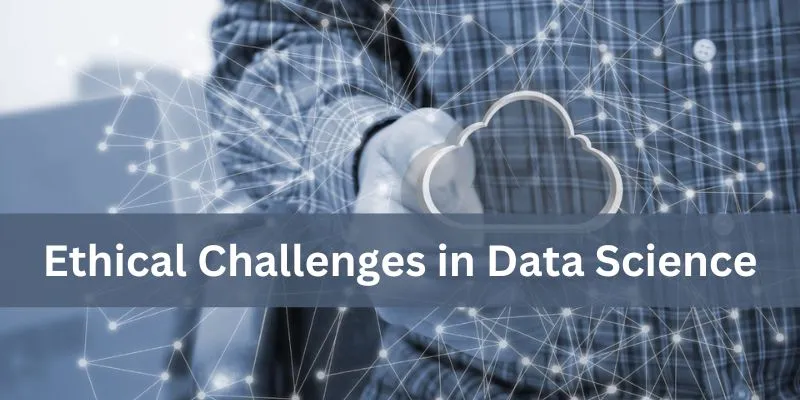
In the rapidly evolving field of data science, the ability to extract valuable insights from vast amounts of data has led to unprecedented advancements across various industries. However, alongside these opportunities come ethical considerations that must be carefully navigated. From issues of privacy and bias to questions of accountability and transparency, data scientists face a myriad of ethical challenges in their work. In this blog, we’ll explore the Ethical Challenges in Data Science and discuss potential strategies for addressing them. Unlock your Data Science potential! Enrol on a data science journey with our Data Science Course in Chennai. Join now for hands-on learning and expert guidance at FITA Academy.
Ethical Challenges in Data Science
Data Privacy and Consent
In an era of ubiquitous data collection, safeguarding individual privacy has become a paramount concern. Data scientists often grapple with questions about how to responsibly handle sensitive personal information while still extracting meaningful insights. One major ethical challenge is ensuring that data is obtained and used with the explicit consent of the individuals involved. Failure to obtain informed consent can lead to violations of privacy rights and erode trust between data collectors and data subjects.
Bias and Fairness
Another significant ethical challenge in data science is the presence of bias in algorithms and decision-making processes. Biases can arise from various sources, including historical inequalities in the data, algorithmic design choices, and human decision-making. These biases can perpetuate and exacerbate existing disparities in society, leading to unfair outcomes for certain groups. Data scientists must strive to identify and mitigate biases in their models to ensure fairness and equity in their applications. Learn all the Data Science techniques and become a data scientist. Enroll in our Data Science Online Course.
Accountability and Transparency
Data science often involves making high-stakes decisions that can have profound impacts on individuals and communities. Yet, the complexity of many data-driven algorithms can make it difficult to understand how decisions are made and who is ultimately responsible for them. This lack of accountability and transparency raises concerns about the potential for unintended consequences and unjust outcomes. Data scientists must take steps to ensure that their decision-making processes are transparent and accountable, allowing for meaningful oversight and recourse in cases of error or harm.
Dual-Use and Societal Impacts
The dual-use nature of many data science technologies presents ethical challenges related to their potential societal impacts. While data-driven innovations have the potential to bring about positive change, they can also be co-opted for harmful purposes, such as surveillance, discrimination, and manipulation. Data scientists must consider the broader societal implications of their work and take proactive measures to mitigate potential harms. This may involve engaging with stakeholders, conducting thorough risk assessments, and advocating for responsible use of data science technologies.
In conclusion, the field of data science is fraught with ethical challenges that require careful consideration and proactive action. From ensuring data privacy and mitigating bias to promoting accountability and addressing societal impacts, data scientists must navigate a complex ethical landscape in their pursuit of knowledge and innovation. By adhering to principles of transparency, fairness, and responsibility, data scientists can help build a more ethical and equitable future for all. Explore the top-notch Advanced Training Institute in Chennai. Unlock coding excellence with expert guidance and hands-on learning experiences.
Read more: Data Science Interview Questions and Answers
